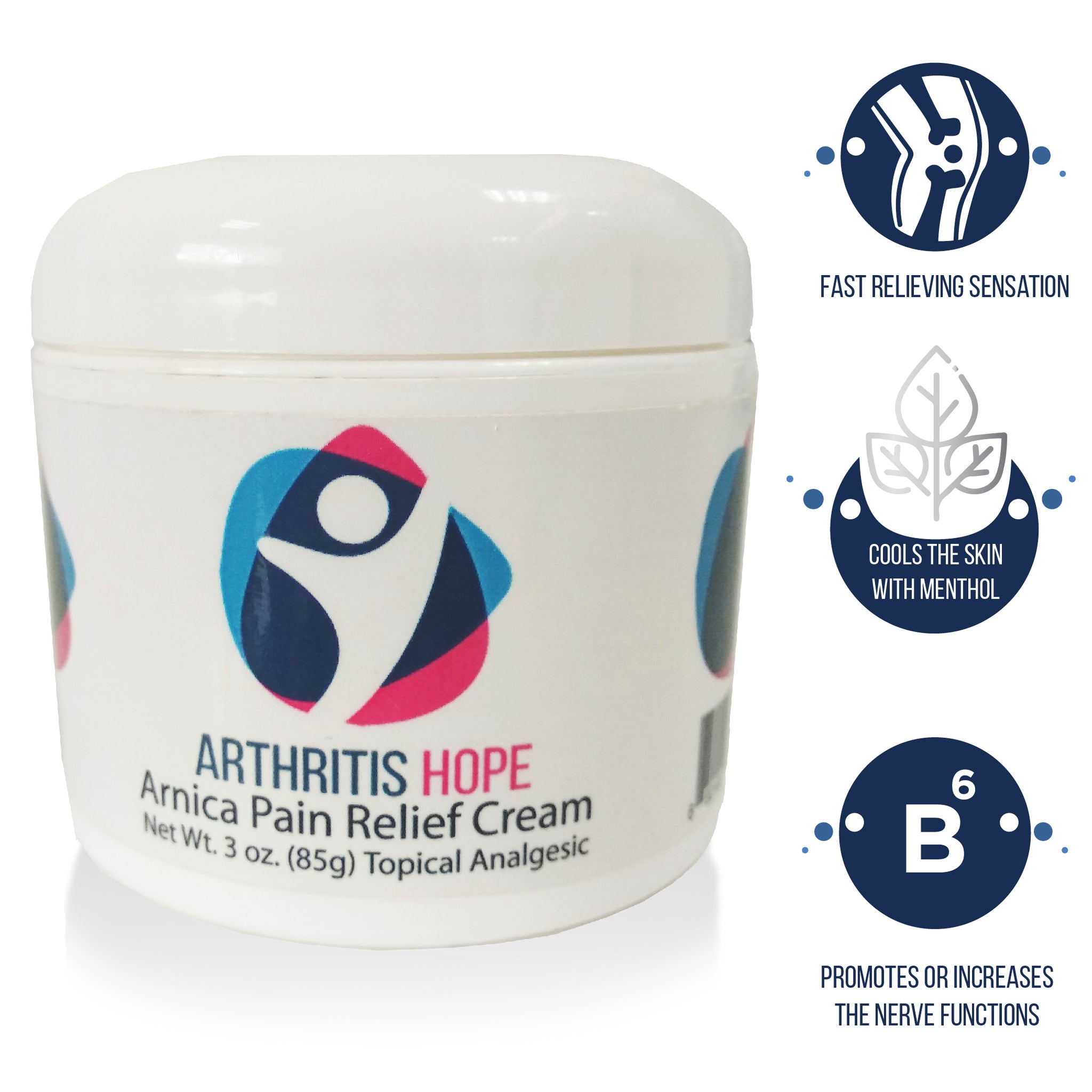
The traditional approach to managing arthritis often involves pharmaceutical treatments, which can be expensive and may lead to undesirable side effects. Emerging research within the field of Arthritis Nutrition suggests that a healthy gut microbiome could influence inflammatory responses associated with arthritis. Probiotics and prebiotics, as modulators of gut flora, emerge as cost-effective and low-risk alternatives to traditional drugs.
With the rising cost of healthcare, especially for chronic diseases like arthritis, interventions that can reduce dependence on prescription drugs and surgeries are economically advantageous. Probiotics and prebiotics, being both affordable and widely available, stand out as a practical choice for patients and insurers. This could translate into significant savings on medications for those living with arthritis, redirecting funds towards enhancing their quality of life.
Minimizing Drug Dependence and Healthcare Expenditures
Chronic use of arthritis medications, such as NSAIDs and DMARDs, carries a substantial financial burden for patients and healthcare systems. Probiotics and prebiotics hold the potential to diminish the necessity for these medications, thereby offering considerable economic relief. Additionally, a reduced reliance on drugs lowers the likelihood of side effects and drug interactions, curtailing further medical costs and complications.
If probiotics and prebiotics can enhance joint health and curb inflammation, individuals may lead more active lives, extending their workforce participation.
The increasing acceptance of these gut health elements is supported by a growing body of evidence underscoring their effectiveness in arthritis care. While further research is essential, the existing data paints a hopeful picture, positioning probiotics and prebiotics as key components in arthritis management strategies.
As we delve deeper into the link between our digestive system and joint health, we're uncovering that the solution to managing arthritis may not lie within our medicine cabinets, but rather within our daily dietary choices. This revelation paves the way for a society that's not only healthier but also financially more resilient, with a shift in focus from chronic disease management to preventive care and overall well-being.
It is imperative to acknowledge that while probiotics and prebiotics hold promise for economic benefits, they are to be considered as supplements to, rather than substitutes for, traditional medical treatments. It's always advisable to consult your healthcare provider before altering your treatment plan.
In conclusion, our dietary decisions can have profound implications on our health and financial stability. Probiotics and prebiotics may indeed be powerful allies on our journey towards a more effective and cost-efficient approach to managing arthritis.


Leave a comment